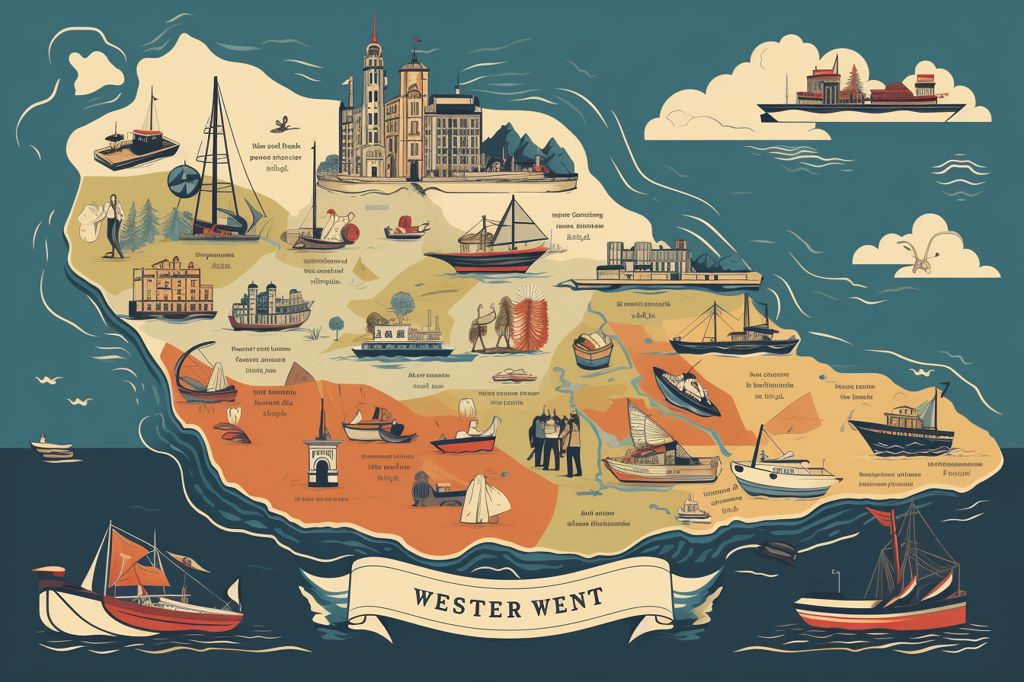A Call to Action for Global Leaders
During the recent High-Level Partnership for Maternal, Newborn, and Child Health (PMNCH) event at the UN General Assembly in New York, President Cyril Ramaphosa emphasized the importance of safeguarding the well-being of women, children, and adolescents worldwide. The PMNCH gathering marked a pivotal moment in the journey towards providing a healthier future for these susceptible groups.
With women, children, and adolescents facing growing health-related issues, Ramaphosa’s dedication to the cause is both timely and necessary. An alarming 800 women die daily due to preventable causes connected to pregnancy and childbirth, with a staggering 95% of these deaths occurring in low- and middle-income countries. The COVID-19 pandemic has further intensified these inequalities, as countless children lose valuable learning time due to school closures, while millions more miss essential vaccinations.
The South African President urged his fellow world leaders to take bold measures to speed up actions towards attaining the Sustainable Development Goals (SDGs) related to women’s, children’s, and adolescents’ well-being and health. He invited these leaders to join the Global Leaders Network, a platform designed for world leaders to advocate for this critical agenda.
The Power of Political Leadership and Collaboration
Ramaphosa highlighted the need for deliberate policy decisions from political leaders to hasten progress for women, children, and adolescents. Engaging these populations in health system reforms and improvements is vital for creating meaningful change. Supported by the Partnership for Maternal, Newborn, and Child Health and other advocates, the Global Leaders Network will be instrumental in promoting sustained and enhanced financial investments to empower individuals and contribute to nations’ growth.
Investments in the health of women, children, and adolescents result in substantial social and economic benefits. For example, every dollar spent on child immunization generates at least $20 in returns, while each dollar invested in selected adolescent health interventions yields a 10-fold return in health, social, and economic advantages.
Addressing Disparities and Ensuring Equal Access to Healthcare
In his address, Ramaphosa emphasized the need to confront the neglect of women’s sexual and reproductive health and rights in numerous communities and countries. He also stressed the importance of ending gender-based violence, which impacts nearly one-third of women worldwide, according to the World Bank.
Reducing inequality in healthcare access is crucial, as it has adverse effects on economies, political stability, health security, and human rights. Ramaphosa highlighted South Africa’s success in decreasing new HIV infections by 48% between 2010 and 2019 as an example of how countries can make significant progress in enhancing health outcomes.
Despite these achievements, international donor financing for health remains fragmented and is declining in many countries. Additionally, domestic funding for women’s, children’s, and adolescent’s health has been diverted away from these vulnerable populations in response to the COVID-19 pandemic and other priorities. Ramaphosa underscored the need for improved coordination of global financing mechanisms to encourage better investment in strategic priorities to address the health and well-being needs of these groups.
A Future of Hope and Progress
As the world confronts numerous health challenges, President Cyril Ramaphosa’s unwavering commitment to enhancing the well-being of women, children, and adolescents offers a glimmer of hope. With the backing of the Global Leaders Network and the Partnership for Maternal, Newborn, and Child Health, there is an opportunity to change the course, guaranteeing a brighter future for these vulnerable populations.








